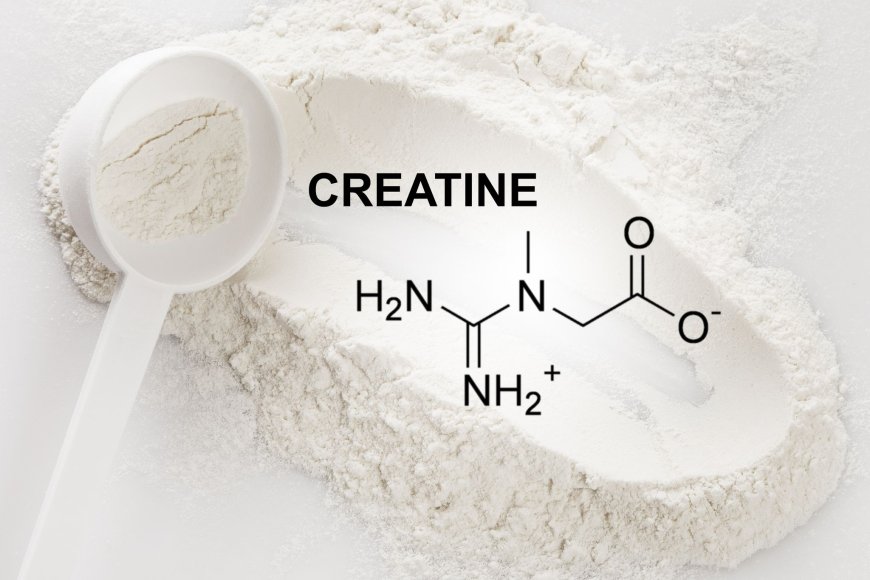Creatine: The best supplement for muscle hypertrophy

People are addicted to gaining muscle and being in their perfect form. Muscle building means increase in the growth of muscle cells. Bodybuilders use many supplements, such as creatine, protein supplements, weight gainers, Beta-Alanine, branched-chain Amino acids, HMB, etc., to gain muscle. Among these supplements, Creatine is the most popular supplement among bodybuilders and athletes. It is the top supplement for improving performance in the gym. Creatine is taken to improve strength, help in faster muscle recovery, and increase lean muscle cells. Some studies have discovered that it does help in improving performance during a short period. In addition, creatine is thought to lower blood sugar and enhance brain function. When combined with resistance training, this supplement is known to increase performance and improve maximum endurance, strength and muscle building. Creatine is naturally present in our bodies. 95% of the body’s creatine is already stored in the muscles, mainly in phosphocreatine. When you intake the supplement, you tend to increase your store of phosphocreatine. It promotes brain health and improves symptoms of neurological diseases. Half of the Creatine comes from the diet; the rest is produced in the liver and kidneys. Non-vegetarians have higher resting creatine concentrations than vegetarians, as creatine is primarily present in the meat. Creatine comes in many forms, but the most common is creatine monohydrate, a dietary supplement that amplifies muscle performance quickly. Creatine also helps to gain muscle in many ways, such as increasing work in a single training session and improving cell signalling, which helps repair muscle and new muscle growth. Intaking this supplement also increases the number of anabolic hormones and water content of the muscle cells, which results in cell volumisation that aids in muscle growth. Taking creatine as a supplement can reduce the elevated levels of the protein myostatin, increasing growth potential as the elevated levels can slow down or inhibit potential muscle growth. The main work of this supplement, which is to gain muscle mass, is done by reducing protein breakdown. The result of supplementing with creatine is shown in both untrained individuals and trained athletes as a significant amount of muscle gain. Volek had observed a positive relationship between muscle creatine uptake and exercise performance. He observed a substantial increase in strength performance after 12 weeks of creatine supplementation with a concurrent heavy resistance training protocol. The positive effects were attributed to an increased total creatine in the body, resulting in more rapid regeneration of adenosine triphosphate (the body’s energy currency). The most common dosage is a 5-7 day loading phase with about 20 grams of creatine per day, split into four doses. This is followed by a 3-5 gram per day maintenance dose. Creatine gives muscles more energy and leads to changes in cellular processes, increasing muscle growth, strength, and recovery. It shares similar properties with amino acids that aid in producing protein. Creatine can quickly be made from the amino acids, glycine and arginine. Some people believe that creatine has many side effects. However, scientific studies do not approve of these claims. Creatine is one of the world’s most tested supplements and has an outstanding safety profile. Research has shown that not everyone’s body reacts to creatine in the same way; some people who use it have shown improvement in performance in a short period, whereas some people show no benefit. People taking creatine as a supplement are always advised to tell their physician about their doses.












































